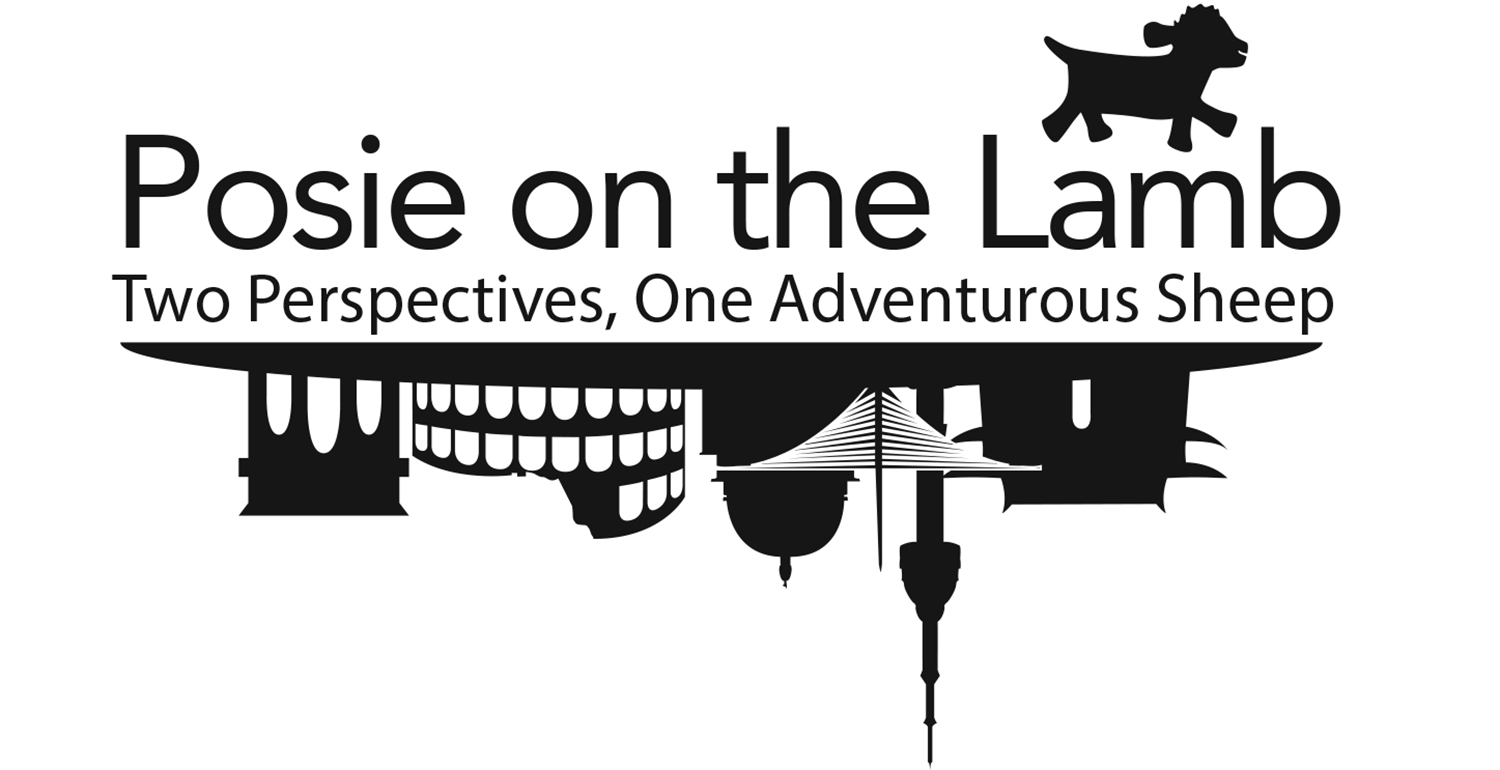Red: It's Not Just a Christmas Color

Last Monday, I snuck in a phone call to Sam before class. I don't usually call during working hours, but this was important. "Hey, Sam. Can you do me a favor?"
"What?"
"Put something red in every room."
"Come again?"
"It's Dongjinal. There might be ghosts. Don't forget the bathroom. Here come my students--gotta go!"
I came home to find my red turtleneck draped over the toilet.
"I've got the Christmas tree in here," Sam called from the living room, "and that psychotic, red larva toy on the bed. What's this all about?"
What indeed?
Dongjinal is winter solstice, the day Koreans worry about ghosts. This seems sensible--or at least, more sensible than Halloween. The 31st of October is prettily atmospheric, with papery leaves still clinging to the trees. Dongji, on the other hand, is literally the darkest day of the year. It's been cold long enough for you to appreciate just how much winter is still ahead. In the hungry past, there was a chance you might not all still be around to greet spring when it arrived. No wonder Koreans chase away evil spirits on the solstice.
The traditional method for scaring off ghosts is to display lots of red. This belief is actually shared with China, where red can both dispel and create ghosts. In Korea, the red usually comes from pat juk, red bean porridge. On Dongjinal, you place a bowl of porridge in every room, to ward off evil. You also eat a bowl yourself. It's the one day a year we have porridge for school lunch, which prompted my call home.
Sam is a red bean junkie and would have enjoyed the pat juk. But preparations for that other red holiday--Christmas--meant we had no time to stir up a batch of porridge. Thus the fast (though perfectly legitimate) version of placing a red item in each room.
Which leads to the inevitable question: do I really believe in evil solstice ghosts? Nowadays, most Koreans say they don't. This does not stop them from eating red bean porridge on Dongjinal. I even heard the kindergarten teacher explaining the significance of pat juk to her class at lunch. Whatever their personal beliefs, Koreans bow to tradition on these matters.
Their culture, their rules. And on the darkest day of the year, I saw no harm in following along. Just in case.
-Erin
